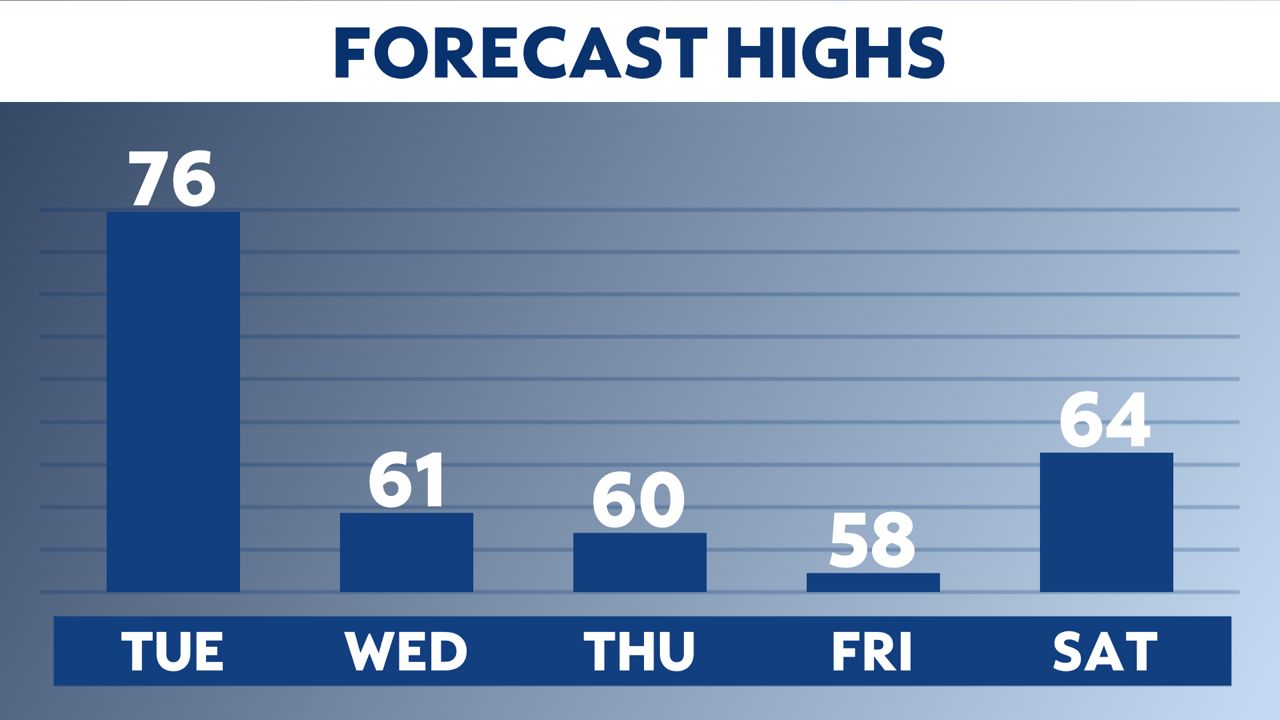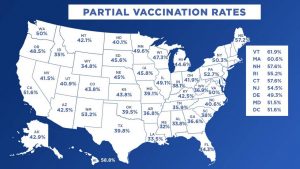The Biden administration said Monday that four families that were separated at the Mexico border during Donald Trump’s presidency will be reunited in the United States this week in what Homeland Security Secretary Alejandro Mayorkas calls “just the beginning” of a broader effort.
What You Need To Know
- The Biden administration said Monday that four families that were separated at the Mexico border during Donald Trump’s presidency will be reunited in the United States this week
- Homeland Security Secretary Alejandro Mayorkas calls the reunifications “just the beginning” of a broader effort
- Parents will return to the U.S. on humanitarian parole while authorities consider other longer-term forms of legal status, said Michelle Brane of the Family Reunification Task Force
- More than 5,000 children were separated from their parents during the Trump administration going back to July 1, 2017, according to court filings
Two of the four families include mothers who were separated from their children in late 2017, one Honduran and another Mexican, Mayorkas said, declining to detail their identities. He described them as children who were 3 years old at the time and “teenagers who have had to live without their parent during their most formative years”
Parents will return to the United States on humanitarian parole while authorities consider other longer-term forms of legal status, said Michelle Brane, executive director of the administration’s Family Reunification Task Force. The children are already in the U.S.
“The Task Force has been working tirelessly to establish a complete database of separated families, correct inaccuracies in the files they were provided, and build the processes to find every family and give them the opportunity to reunite and heal, the Department of Homeland Security said in a statement. “The Task Force is in the process of reviewing additional cases for reunification in the coming months.”
President Joe Biden signed an Executive Order to create the task force in February.
Exactly how many families will reunite in the United States and in what order is linked to negotiations with the American Civil Liberties Union to settle a federal lawsuit in San Diego, but Mayorkas said there were more to come.
“The Family Reunification Task Force has been working day and night, across the federal government and with counsel for the families and our foreign partners, to address the prior administration’s cruel separation of children from their parents,” Mayorkas, who serves as the Chair of the Task Force, said in a statement. “Today is just the beginning. We are reuniting the first group of families, many more will follow, and we recognize the importance of providing these families with the stability and resources they need to heal.”
More than 5,000 children were separated from their parents during the Trump administration going back to July 1, 2017, many of them under a “zero-tolerance” policy to criminally prosecute any adult who entered the country illegally, according to court filings. The Biden administration is doing its own count going back to Trump’s inauguration in January 2017 and, according to Brane, believes more than 1,000 families remain separated.
While family separation under “zero-tolerance” ended in June 2018 under court order and shortly after Trump reversed course, Biden has repeatedly assailed the practice as an act of cruelty. An executive order on his first day in office pledged to reunite families that were still separated “to the greatest extent possible.”
The reunifications begin as the Biden administration confronts the third major increase in unaccompanied children arriving at the border in seven years. It has made strides moving children from grossly overcrowded Border Patrol facilities to U.S. Department of Health and Human Services shelters, which are more suited to longer-term stays until children are placed with sponsors in the United States, typically parents or close relatives.
The average stay for an unaccompanied child in Border Patrol custody has plummeted to about 20 hours, below the legal limit of 72 hours and down from 133 hours in late March, Mayorkas said. There are 677 unaccompanied children in Border Patrol custody, down from more than 5,700 in late March.
Health and Human Services opened 14 emergency intake centers, raising capacity to nearly 20,000 beds from 952 when the Federal Emergency Management Agency was dispatched March 13, Mayorkas said. About 400 asylum officers from U.S. Citizenship and Immigration Services have been assigned as case managers to speed the release of children to sponsors. As of Thursday, Health and Human Services had 22,557 children in its care.




